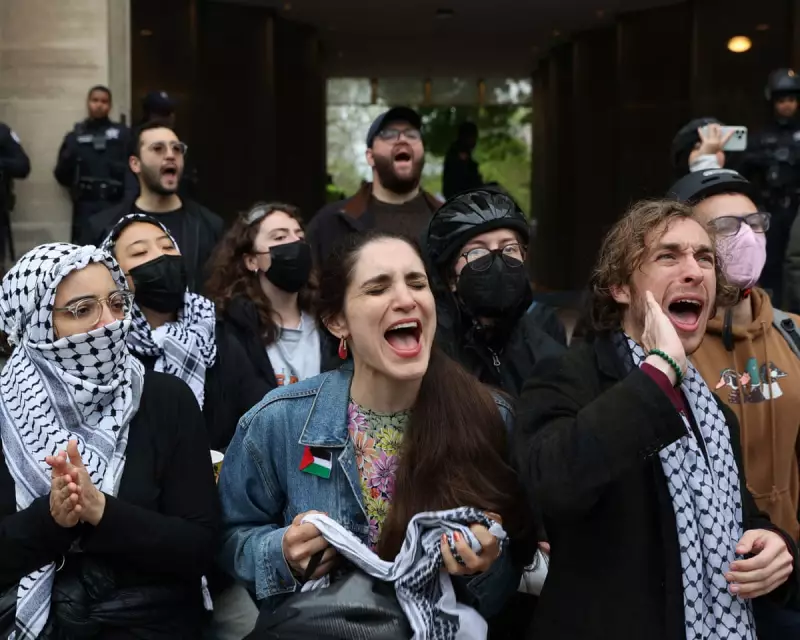
International students who joined pro-Palestinian demonstrations on American campuses are facing an unprecedented threat: deportation under sweeping new immigration measures being implemented by the Trump administration.
The Chilling New Reality for Foreign Protesters
As the academic year begins, a climate of fear has descended upon university campuses across the United States. Foreign students who participated in protests supporting Palestine now find themselves targeted by enhanced surveillance and immigration enforcement measures that could see them removed from the country.
The administration's controversial approach combines artificial intelligence monitoring with expanded Immigration and Customs Enforcement (ICE) powers, creating what critics describe as a perfect storm for international students exercising their right to protest.
AI Surveillance: The Unseen Watcher
Advanced artificial intelligence systems are being deployed to monitor campus activities and social media, flagging international students who participated in demonstrations. This digital dragnet represents a significant escalation in how protest activity is tracked and used against non-citizens.
The technology doesn't distinguish between peaceful protest and unlawful activity, creating a dangerous precedent where constitutionally protected speech could jeopardize a student's immigration status.
ICE Powers: From Enforcement to Intimidation
Under the new framework, ICE agents have been granted broader authority to investigate and detain students based on their protest participation. This marks a dramatic shift from traditional immigration enforcement to what many are calling political targeting.
- Visa revocations without due process
- Campus access for immigration officials
- Coordination between universities and federal agencies
- Expanded grounds for deportation
The Broader Implications for Academic Freedom
This crackdown extends beyond individual students to threaten the very foundation of academic freedom in American institutions. International students, who contribute significantly to campus diversity and academic excellence, now face impossible choices between expressing political views and maintaining their legal status.
"We're witnessing the weaponization of immigration law against political expression," said one university administrator who requested anonymity. "This will have a chilling effect on campus discourse for years to come."
What This Means for UK Students in America
British students studying in the US are among those affected, with many unaware that participation in campus protests could jeopardize their F-1 visa status. The situation serves as a stark warning for UK students considering American universities.
- Research university policies on international student protest participation
- Understand the terms of your visa and potential risks
- Consult with international student advisors before engaging in political activities
- Monitor developments in US immigration policy
The situation continues to evolve rapidly, with legal challenges mounting against the administration's approach. For now, international students in America must navigate this new landscape where political expression carries unprecedented immigration consequences.






